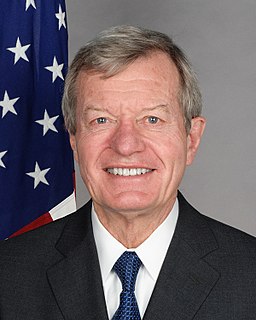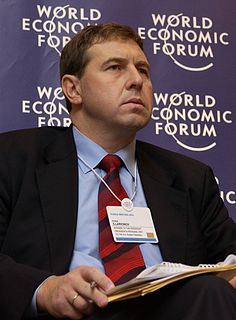A Quote by Alfred-Maurice de Zayas
No country has a perfect report card. While some countries have strong points in specific areas, they may have serious lacunae in other areas. For instance, some countries have made enormous progress on civil and political rights, but lag in the implementation of economic, social and cultural rights.
Related Quotes
The truth is that Africa is like everywhere else. There are poor areas, there are rich areas, there is a middle class. Some of those areas are bigger in one country than another, and some countries have real problems that they're working through. But there's great people, good people and a small percentage of bad people - just like everywhere else.
It is a great problem for the true international agenda of human rights that the United States, uniquely among industrialised countries, has not ratified three main instruments, has not ratified the Covenant on Economic, Social and Cultural Rights, or the Convention on the Rights of the Child, or the Convention for the Elimination of Discrimination Against Women, and we could have so much richer a debate and dialogue on international human rights standards if the superpower would sign up to the agenda.
We are close to a consensus that the Kyoto Protocol does huge economic, political, social and ecological damage to the Russian Federation. In addition, it certainly violates the rights and freedoms of Russian citizens, and well as the rights and freedoms of citizens in those countries which signed and ratified it.
What is failure for some is success for others. It depends on where they stand in the struggles over "democratic governance" and related rights - civil, social and economic, and broadly cultural, to adopt the framework of the Universal Declaration that is formally endorsed but constantly undermined.


































